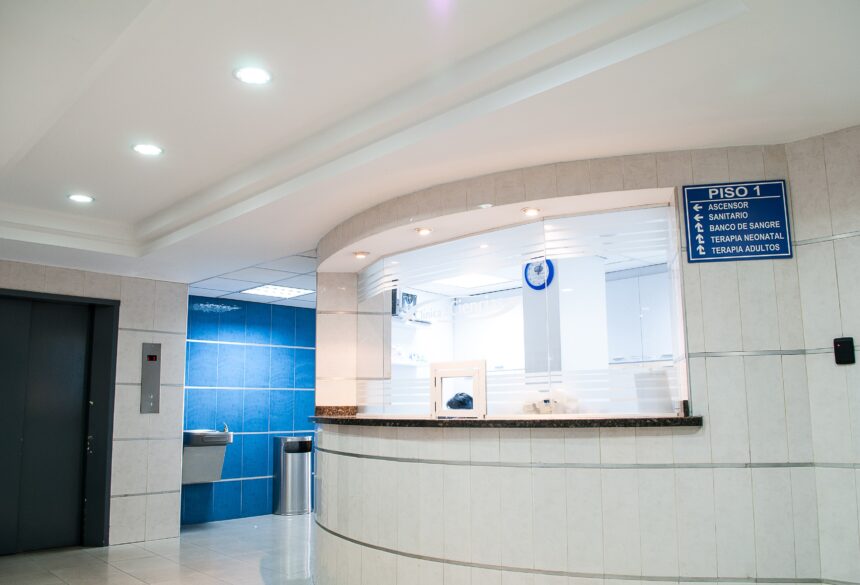The National Health Service (NHS) is the backbone of the UK healthcare system, publicly funded and available to all residents of the United Kingdom. Practically all of the services provided to the public are free, with emergency treatment without fee being crucial for assisting those in immediate need.
In order to provide this service for the British public, many supplies are needed to keep everything running smoothly. We’ve detailed how NHS procurement works and given some additional insights into how the pandemic has affected this process.
What is NHS procurement?
The NHS purchases a large number of goods and services in order for it to run as it should. These required items and services being acquired is referred to as procurement.
What does the NHS need to buy?
There are two main things which the NHS buys – goods and services.
Goods are the things like medicines and equipment needed by hospitals and doctor’s surgeries. This also covers personal protective equipment (PPE) such as gloves and aprons, as well as other items for hospitals like washroom supplies. Depending on what services is required, patients and doctors may be required to have PPE when undergoing certain procedures.
Services include healthcare services when taking on operations, emergency care, taking on new GPs and more. There are also the cleaning services, IT services and facilities management required to keep hospitals in working condition.
How does NHS procurement work?
Clinical Commissioning Groups (CCGs) are typically responsible for setting out these tenders on services. Businesses bid for tenders in order to supply the NHS with the necessary resources. Once the deadline has passed, the relevant CCG will review the submitted bids. The tender process then selects the best option for those services and builds it into the hospital or local community.
As for goods, these are bulk-bought by NHS Supply Chain and then distributed from this central body. NHS Supply Chain was established in 2016 to take over from individual NHS organisations in order to negotiate a single price for all required goods. It now carries out 4.5 million orders a year on goods.
How much does the NHS spend on procurement?
According the records provided by the Department of Health and Social Care, around £70 billion was spent on procurement in 2018 to 2019 in England. A vast majority of this spending will have come from the NHS and the procurement of goods and services. Other areas of the UK (Norther Ireland, Scotland, and Wales) have devolved spending, but would also have spending to contribute.
The impact of the pandemic on NHS procurement
Due to the pandemic, NHS England took over the procurement of services from CCGs in order to have greater bulk purchasing power for essentials to deal with Covid-19. There has also been emergency guidance issued for accessing goods rapidly, including directly awarding contracts with no competition.
The drastic increase in need for PPE during the pandemic caused the regular supply chain for these goods to collapse at certain points. Severe shortages of PPE were experienced and continue to occur across the country. This includes:
- The national stockpile running low due to a lack of preparations for an outbreak like coronavirus
- A lack of domestic PPE manufacturing, with the UK vying with other countries for the international PPE market
- The UK government refusing to accept assistance from domestic companies offering to produce equipment (although there is now a portal for new suppliers)
- Distribution of the volume of PPE required to combat the pandemic is inherently difficult due to logistics issues
However, as infection numbers are starting to fall and the pressure on the NHS has been reduced, these problems should be minimised. The regular tender process will likely also be reinstated and there will be fair competition for NHS contracts.

